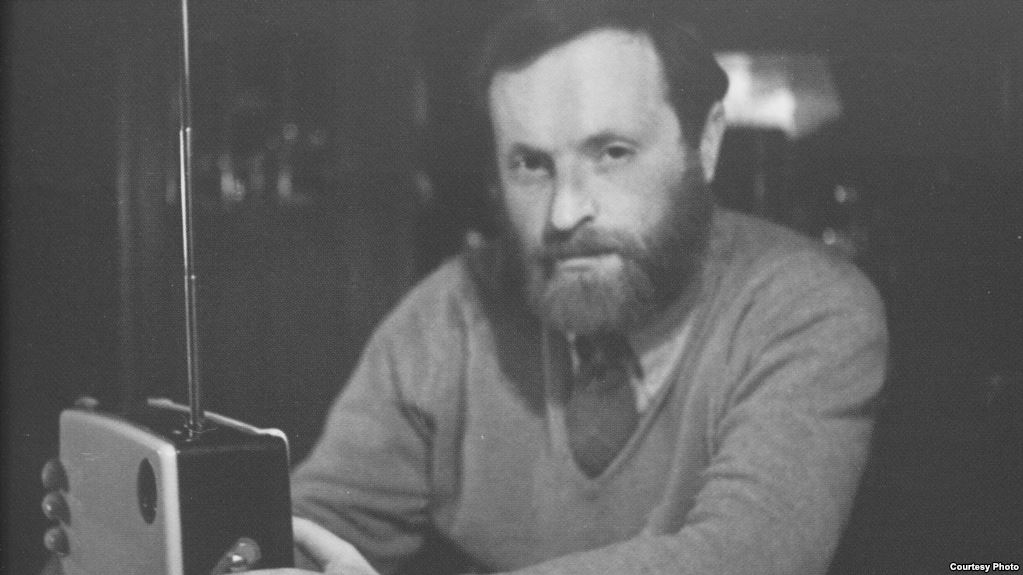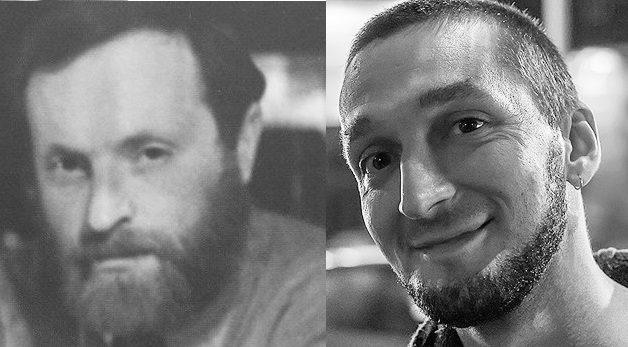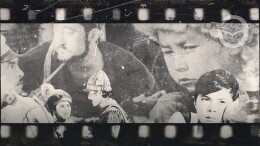We were able to talk with one of the young, talented authors, Pavel Bannikov. He was not only a poet; he is an essayist and musician who shared with us his deep thoughts about poetry, literature and criticism.

- You have quite a few works, even if you are a young poet. And here is the first question, where did you get your inspiration?
- To be honest, not so young already, and poems for the past 12 years, had accumulated to three small books and some good collections in magazines. Reviews for this time I wrote a lot more a few hundred. And the inspiration - is the result of labor, it does not come just like that, out of nowhere. This is not a delight that lasts a moment, but in time the extended state, which can be invoked if there is a need of poetic expression.
- I really enjoyed the work of "towns". Immediately I remembered how as a child she played in this game. And when you wrote it?
- With the "town" interesting story, I wrote this text somewhere in the beginning of 2008, and lost. I could not find it either in a notebook or on a hard disk or in printouts. As a result, I tried to restore the memory. Happened. Then he showed a draft - all coincided. So with the memory still all right.
- You are also essayist! Do you have some tactics for writing them; you can even publish a book about how to write essays and reviews, or more precisely, how to write?
- I think that all the books about how to write correctly, or more precisely, their authors, cunning. There are a huge number of ways to write correctly, endlessly. And quite a limited number of ways to write properly. That would cost about them and talk, how not to write. In fact, as part of its workshop in the Open literary school, I was talking about it and how not to write, and how to read and thoroughly understand another author, in order to understand in the end itself.
- Share with us how NOT to write and how to read and understand deeply the authors?
- Let's order. Since how to write. Briefly, to write as has already been written. The world does not need a second Pushkin, Yesenin third or fifteenth Brodsky. If one understands this, then he has a chance to do something in poetry. Do not necessarily go down in history (it will be included in the unit), but try to work with the language in areas where poetry is not concerned to watch and comprehend the reality and the reality of the language in its own way. Find it. And the methods may be an infinite number, and they are all correct.

- How can I find the flavor of each author?
- "Everyone" does not work, I guess. Because too many poets and bad poets among them - the majority. So look for the circle of authors, which you are interested. And they're looking for a new: a new look, a new image, new ways to talk about what we care about people. Something that makes you feels differently, think differently, does not leave you the same after reading. For me, a good poem - this is after I closed the book and thinking or closed the book and ran to share this poem with someone (in the network or in reality, it does not matter).
- Who would you have made to this list, with whose poem or prose you want to share?
- Otherwise everything happens with prose writers. A large list of poets out, a few dozen names of the living and the dead poets even more. If you take only Kazakhstan, it is first of all Ivan Beketov, Anuar Duysenbinov, Alexei Schwabauer and Omar Kanat. But not only they, but all, perhaps, of whom I have ever written in my articles, because I see their poems necessary and important. This Ravil Aytkaliev and Masha Vilkoviskaya and Zoe Falkova and Dyusenbek Nakipov – I’m afraid to not name someone. Frankly, touchy poets. I know love all of whom wrote even casual.
- How to interest the reader? And in general, how do you think young people are interested in what is naturally something new, but that it is not to predict with a choice of topics for articles.
- So - virtually nothing. The poet works primarily with the language, with the elements, the idea of a reader then the second. Important as poetry - it is always a dialogue, but the second. Same with unbanal prose writers. Simply working screenwriter, playwright and critic (if, of course, understands his business). I'll tell you about the criticism, since doing this. I read the book and have some idea who it will be interesting, imagine the image of the reader - and write to him. Sometimes the reader will even get a specific name, and sometimes I imagine someone from your friends or colleagues specifically.
- Give a couple of tips that can take advantage of the critic, and that it is worth considering when writing criticism?
- The first (and most importantly, perhaps) to understand the role of the critic. As I briefly see for yourself the task of criticism is to understand what the author wrote, there is in this something new for that literature in which it operates (Russian literature, Kazakh, English, World) and tell it to the reader, for which it interesting, but which may accidentally skip this book and read it. Even easier - the task of criticism - to pay attention to what is important.
- Thanks for the interview. We wish you success!

Interviewed by Balnur Qizirbekqizi
adebiportal.kz - Literary Portal












